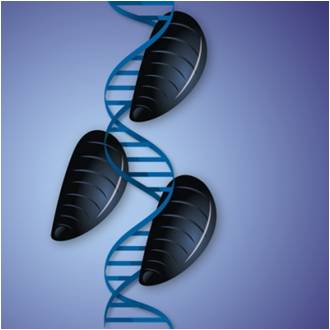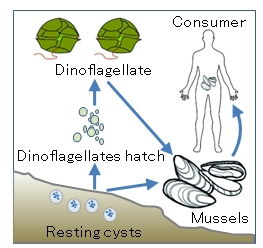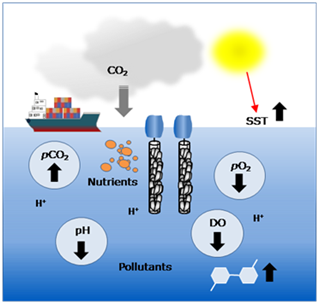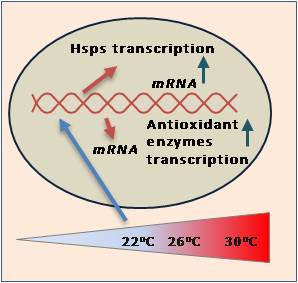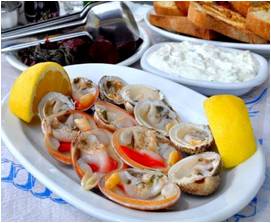”Genetic improvement of bivalves” – Myth or fact?
Dimitrios Papadopoulos*, Athanasios Lattos, Ioannis A. Ginatsis, Basile Michaelidis
Apart from ecological importance, bivalve molluscs are aquatic organisms of great economic value. Their production corresponds to about 14% of the world seafood production, while 90% the edible bivalves originate from aquaculture. Climate change and global warming are expected to significantly affect both cultured and wild populations. Mass mortality events often occur during summer months, causing significant economic losses due to high temperatures and higher activity of pathogens, most of which are favored by higher temperatures.
The development of resilient lines is therefore considered a necessity for both the protection and expansion of aquaculture, as well as for the protection of wild populations. Resilient series are developed through genetic improvement programs. Detection and identification of single nucleotide polymorphisms (SNPs) in the genome of resistant individuals is a prerequisite for the success of marker assisted selection (MAS) programs. Detection of SNPs in key genes related to the response to stress and infection is therefore a key process. For this reason, seawater recirculation tanks (RAS systems) are set up where various bivalve species have been exposed for 25-30 days at a temperature range up to just above their thermal limits tolerance.
Alleles and genotypes are determined, concerning key genes, in individuals that survive the various conditions and are compared with individuals that do not survive in the context of detecting SNPs in specific genes and thus characterizing genotypes that confer increased resistance.
*Dimitrios Papadopoulos is a PhD student at the Laboratory of Animal physiology, Department of Zoology, Faculty of Biology, under the supervision of Professor Basile Michaelidis.




